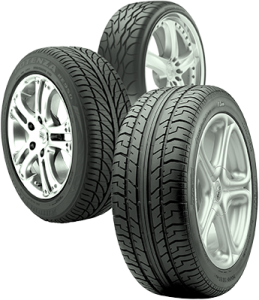
Many tires need a level of 35 psi. The TPMS gauge, according to TPMS made simple, is a warning system that warns you of a change in the psi that is unsafe in one or more of the tires. Pressure sensors capture these readings inside the tires and transmit them to a central computer (ECU) to display as a flashing or solid light on the dashboard. The signal looks like ( ! ) and occasionally has TPMS next to it. Some more high-tech lights specify which tire has an issue. They usually go off if one tire gets below 25% of their initial “safe” psi.
Any car you purchase after September 2007 has a TPMS gauge. The first few batches came as early as October 2005. The TPMS gauge in tires is useful, and a warns skidding, hydroplaning, or blowout risks. While tire pressure changes due to temperature shifts, punctured tires are a priority. For every 10 degrees F that the temperature drops, you lose one psi (pound per square inch). Your tires naturally lose air as well through the original seal between the rim and tire at a rate of about 1.5 psi per month.
What to Do if Your TPMS Gauge Goes Off
Should your TPMS gauge go off, pull over to a gas station and do not panic. Check your tires if your car does not show you psi as some earlier models do and fill with air. Unless there is a puncture, then you need a new tire (let’s hope that is all that needs replacing).
It is not absolute that the TPMS gauge will not malfunction. There are cases where the light comes on, and the tires are still perfectly inflated. It just means that the sensor may be off and you may need to see if they can fix it. It is an easy fix, but it is important because having a malfunctioning TPMS if you are unsure what is causing it can cause more issues for your car.
The TPMS sensor in tires in Nashua is a fantastic piece of technology that is standard in all vehicles today. As the technology advances, so will the warning system. However, remember to be wary and check your tire and your sensor if anything seems off. Also, when you replace your tires, remember that you need to get the sensor installed again because it will not automatically be on the new tire. For a small charge more, you can have ease of mind.
If you need new tires in Nashua, come down to Gurney’s Automotive. We can take care of your tires and add in a TPMS gauge for you.


